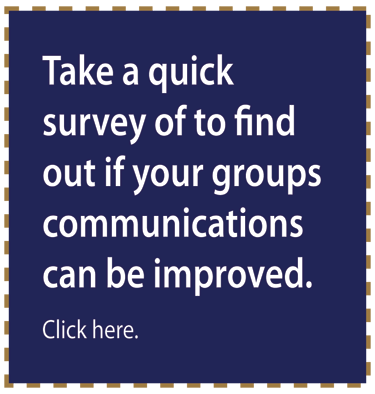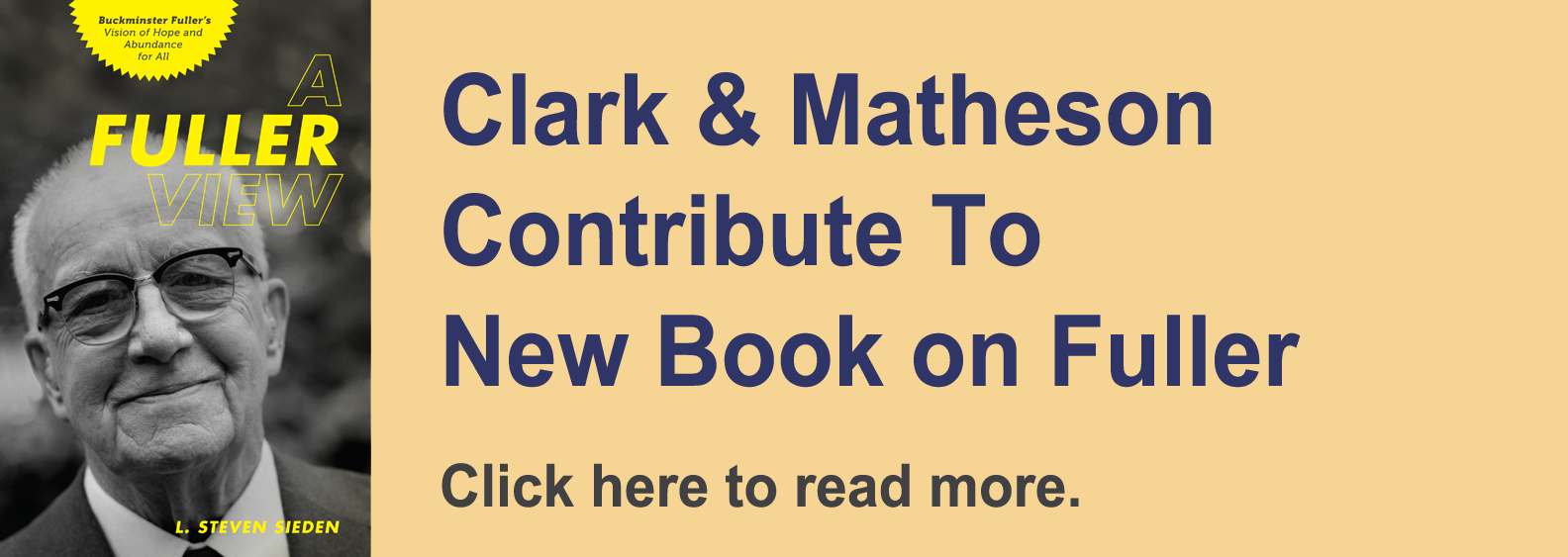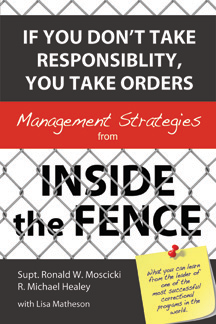Curricula for Constructive Communications
What is the real cost of poor communications?
It's a hard question to answer, but research has shown that as much as 30% of an organization's communications are often ineffective or downright destructive.
Ineffective communications waste time, impair results, create frustration and conflict, diminish relationships, and lead to less than ideal customer, client or patient care.
Poor communications create stress and fear and are one of the primary contributors to job dissatisfaction. They are inherently linked to quality of relationships, feeling of rapport and the sharing of 'reality' with others that leads to easy collaboration.
Understanding how and why communications are not working is critical to developing a culture of effective communications.
Culture comes from leadership. Skills can be developed.
Our Curricula for Constructive Communications starts with an assessment of your current situation – the direction of communications – 360°, the flow, style preferences, situational and adaptive communications, written and verbal modalities, listening abilities and the impact of emotions on effective communications.
Then we put together a plan that addresses the specific complexities of your teams and your organization.
We facilitate the training and the coaching and continue to work with you until we meet our common objective: a dramatic improvement in the quality of communications and an equally dramatic reduction in the negative effects of poor communications.
Want to know more?
Contact us.
It's a hard question to answer, but research has shown that as much as 30% of an organization's communications are often ineffective or downright destructive.
Ineffective communications waste time, impair results, create frustration and conflict, diminish relationships, and lead to less than ideal customer, client or patient care.

Poor communications create stress and fear and are one of the primary contributors to job dissatisfaction. They are inherently linked to quality of relationships, feeling of rapport and the sharing of 'reality' with others that leads to easy collaboration.
Constructive communications come out of both culture and skill development.
Effective communication is both a process issue and a skill set issue.Understanding how and why communications are not working is critical to developing a culture of effective communications.
Culture comes from leadership. Skills can be developed.
What type of skills do your people need for their communications to be an asset rather than a liability?
This is a quick check-list of some of the skills that we believe are critical.- How to identify different styles of thinking and communicating.
- Knowing your own personal style and the style preferences of others you work with.
- Ability to adapt your style to create an effective connection with just about anyone.
- Knowing the 5 styles of conflict – your preferred style and the styles of others you work with.
- Conflict confidence – the ability to find productive, win/win, consensual resolutions to even the most challenging situations.
- Dealing effectively with people who are emotional and aggressive.
- Getting off and staying off the proverbial Drama Triangle.
- Strategies to manage your own emotional responses – all of them, from the obvious (crying, yelling) to the subtle (worry, frustration), and even the ones you think you are hiding from your colleagues.
- Positive responses to negativity in the workplace and how to turn them into productivity and collaboration.

- Productive responses to situations that are beyond your control.
- Strategies to remain calm and focused under pressure and how to keep people from pushing your buttons.
- Experience of how subtle and even unconscious changes in body language can make or break a conversation.
Good communication is a science.
We believe good communication is a science and that means the skills can be broken down methodically and learned by anyone.Our Curricula for Constructive Communications starts with an assessment of your current situation – the direction of communications – 360°, the flow, style preferences, situational and adaptive communications, written and verbal modalities, listening abilities and the impact of emotions on effective communications.
Then we put together a plan that addresses the specific complexities of your teams and your organization.
We facilitate the training and the coaching and continue to work with you until we meet our common objective: a dramatic improvement in the quality of communications and an equally dramatic reduction in the negative effects of poor communications.
Want to know more?
Contact us.


